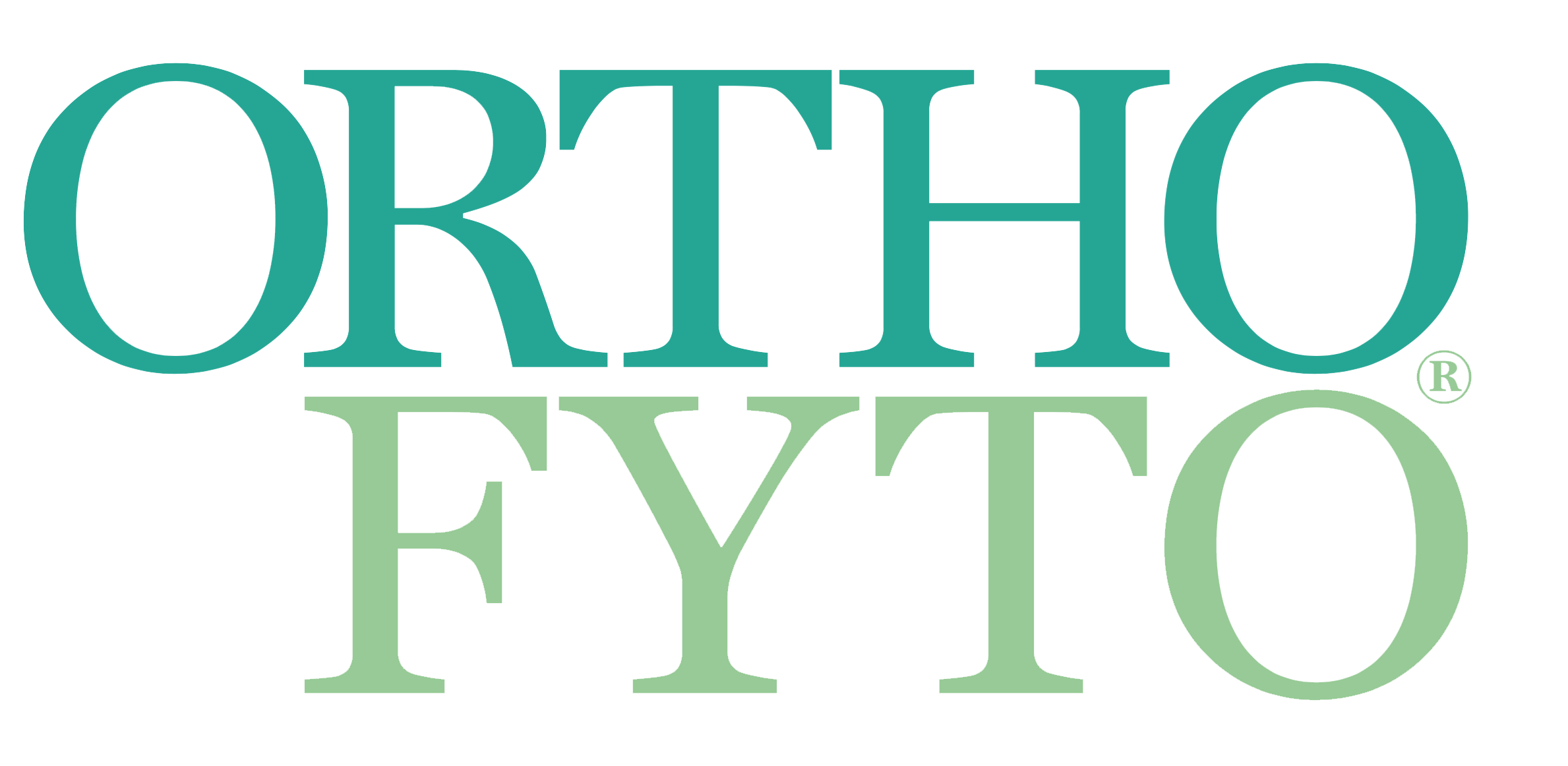Darmintegriteit verbeteren kan hooikoortsklachten verminderen
09 Apr, 2024
Door Marloes van Heijningen-Waanders
Het hooikoortsseizoen is weer begonnen. En dat betekent dat veel mensen niezen, jeukende ogen hebben en vermoeid zijn. Het aantal hooikoortspatiënten neemt wereldwijd toe en daarmee ook de vraag naar effectieve behandelstrategieën. Medicamenteuze interventies als antihistaminica of corticosteroïden zijn effectief in het remmen van de ontsteking in het neusslijmvlies, maar hooikoorts is meer dan een lokale ontsteking. Dit artikel legt de focus op de darmintegriteit bij hooikoortspatiënten en bespreekt behandelstrategieën die gericht zijn op de darm, waaronder vezelrijke voeding, prebiotica, probiotica en postbiotica. Want een goede darmbarrière helpt ontsporing van het immuunsysteem tegen te gaan en kan hooikoortsklachten verminderen.
Hooikoorts, ofwel allergische rhinitis, treft in Nederland maar liefst zo’n 20% van de bevolking.1 Het is geen ernstige ziekte, maar heeft wel een negatieve invloed op de kwaliteit van leven. De ontsteking van het neusslijmvlies leidt tot niezen, een loopneus en tranende ogen. Hierdoor kunnen ook klachten als vermoeidheid, een slechte concentratie en mentale problemen ontstaan. Hooikoortspatiënten reageren bovendien vaak heftiger op andere onschuldige allergenen, zoals voedingsstoffen, huismijt of schimmels, huisdieren of andere stoffen in de lucht, omdat het immuunsysteem geen juist onderscheid maakt tussen gevaarlijk en niet-gevaarlijk.
Lees het gehele artikel vanaf pagina 30 in OrthoFyto 2/24.
Wilt u het gehele artikel als PDF bestand ontvangen? Bestel het dan hier voor € 3,50
Bronvermelding:
1. Bousquet J, Anto JM, Bachert C, Baiardini I, Bosnic-Anticevich S, Walter Canonica G, et al. Allergic rhinitis. Nat Rev Dis Primers. 2020 Dec 3;6(1):95.
2. Kaczynska A, Klosinska M, Chmiel P, Janeczek K, Emeryk A. The Crosstalk between the Gut Microbiota Composition and the Clinical Course of Allergic Rhinitis: The Use of Probiotics, Prebiotics and Bacterial Lysates in the Treatment of Allergic Rhinitis. Nutrients. 2022 Oct 16;14(20):4328.
3. Sbihi H, Boutin RC, Cutler C, Suen M, Finlay BB, Turvey SE. Thinking bigger: How early-life environmental exposures shape the gut microbiome and influence the development of asthma and allergic disease. Allergy. 2019 Nov;74(11):2103–15.
4. Liu X, Tao J, Li J, Cao X, Li Y, Gao X, et al. Dysbiosis of Fecal Microbiota in Allergic Rhinitis Patients. Am J Rhinol Allergy. 2020 Sep;34(5):650–60.
5. Watts AM, West NP, Zhang P, Smith PK, Cripps AW, Cox AJ. The Gut Microbiome of Adults with Allergic Rhinitis Is Characterised by Reduced Diversity and an Altered Abundance of Key Microbial Taxa Compared to Controls. Int Arch Allergy Immunol. 2021;182(2):94–105.
6. Roduit C, Frei R, Ferstl R, Loeliger S, Westermann P, Rhyner C, et al. High levels of butyrate and propionate in early life are associated with protection against atopy. Allergy. 2019 Apr;74(4):799–809.
7. Akdis CA. Does the epithelial barrier hypothesis explain the increase in allergy, autoimmunity and other chronic conditions? Nat Rev Immunol. 2021 Nov;21(11):739–51.
8. Rose EC, Odle J, Blikslager AT, Ziegler AL. Probiotics, Prebiotics and Epithelial Tight Junctions: A Promising Approach to Modulate Intestinal Barrier Function. Int J Mol Sci. 2021 Jun 23;22(13):6729.
9. Sdona E, Ekström S, Andersson N, Håkansson N, Wolk A, Westman M, et al. Dietary fibre in relation to asthma, allergic rhinitis and sensitization from childhood up to adulthood. Clin Transl Allergy. 2022 Aug;12(8):e12188.
10. Arslanoglu S, Moro GE, Boehm G, Wienz F, Stahl B, Bertino E. Early neutral prebiotic oligosaccharide supplementation reduces the incidence of some allergic manifestations in the first 5 years of life. J Biol Regul Homeost Agents. 2012;26(3 Suppl):49–59.
11. Ido Y, Nagamine T. The effect of prebiotic lactosucrose on serum IgE levels in allergic people: A pilot study in Japan. Intern Med J. 2018;25:389–90.
12. Iftikhar H, Awan MO, Awan MS, Mustafa K, Das JK, Ahmed SK. Role of Probiotics in Patients with Allergic Rhinitis: A Systematic Review of Systematic Reviews. Int Arch Otorhinolaryngol. 2022 Oct;26(4):e744–52.
13. Yan S, Ai S, Huang L, Qiu C, Zhang F, He N, et al. Systematic review and meta-analysis of probiotics in the treatment of allergic rhinitis. Allergol Immunopathol (Madr). 2022;50(3):24–37.
14. Luo C, Peng S, Li M, Ao X, Liu Z. The Efficacy and Safety of Probiotics for Allergic Rhinitis: A Systematic Review and Meta-Analysis. Front Immunol. 2022;13:848279.
15. Güvenç IA, Muluk NB, Mutlu FŞ, Eşki E, Altıntoprak N, Oktemer T, et al. Do probiotics have a role in the treatment of allergic rhinitis? A comprehensive systematic review and meta-analysis. Am J Rhinol Allergy. 2016 Sep 1;30(5):157–75.
16. Nataraj BH, Ali SA, Behare PV, Yadav H. Postbiotics-parabiotics: the new horizons in microbial biotherapy and functional foods. Microb Cell Fact. 2020 Aug 20;19(1):168.
17. Meng Q, Li P, Li Y, Chen J, Wang L, He L, et al. Broncho-vaxom alleviates persistent allergic rhinitis in patients by improving Th1/Th2 cytokine balance of nasal mucosa. Rhinology. 2019 Dec 1;57(6):451–9.
18. Koatz AM, Coe NA, Cicerán A, Alter AJ. Clinical and Immunological Benefits of OM-85 Bacterial Lysate in Patients with Allergic Rhinitis, Asthma, and COPD and Recurrent Respiratory Infections. Lung. 2016 Aug;194(4):687–97.
